
The Smug Pharisee by Deborah Beach Giordano
That Guy, again
There he is again, that smug, self-satisfied Pharisee; the guy we love to hate.
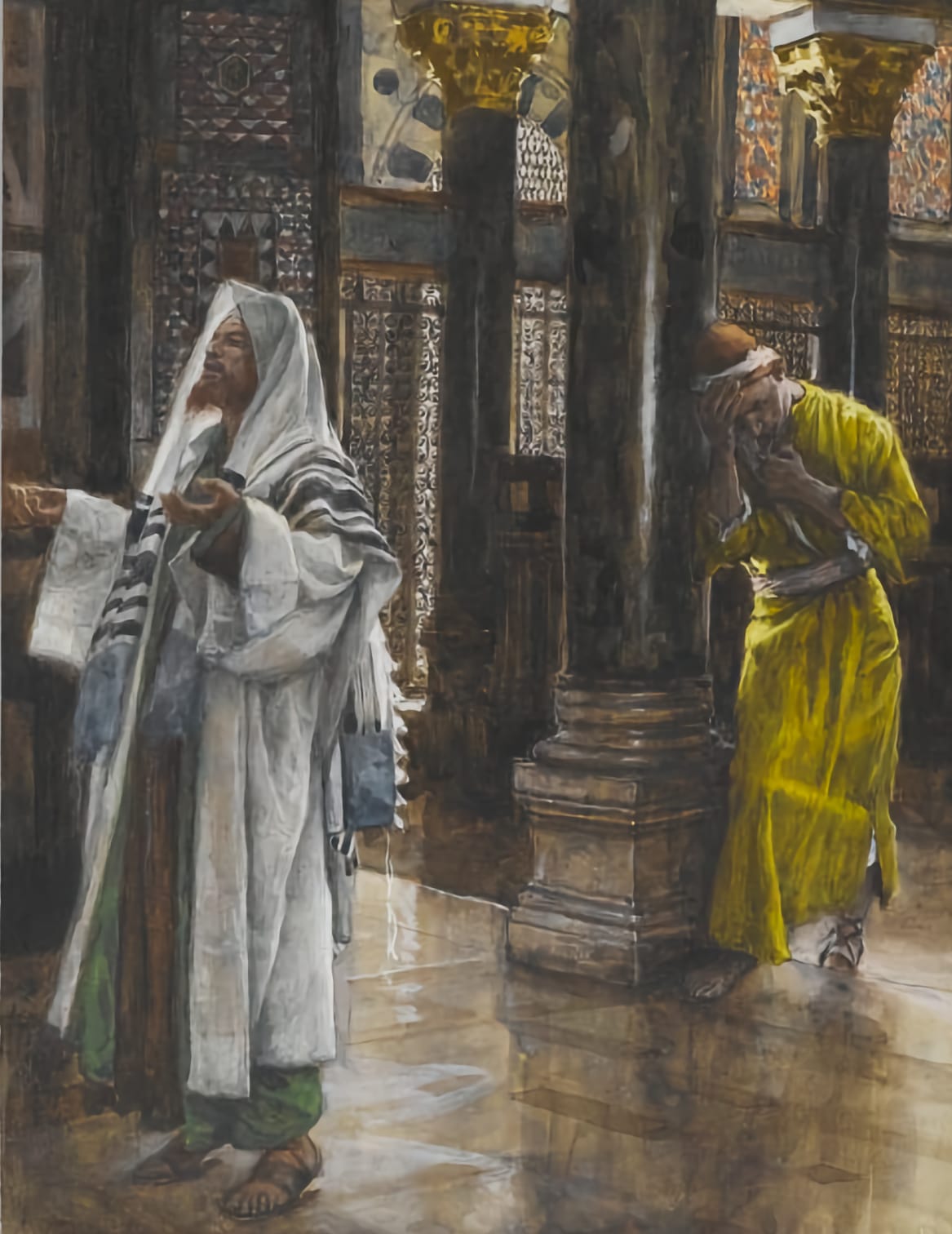 Standing in the temple, in the very presence of God, the fellow brags about himself! His “I thank You” is just prologue to self-celebration, supported by his sneering disdain for lesser, sinful men. What a jerk! Who does he think he is? We know whose side we’re on!
Standing in the temple, in the very presence of God, the fellow brags about himself! His “I thank You” is just prologue to self-celebration, supported by his sneering disdain for lesser, sinful men. What a jerk! Who does he think he is? We know whose side we’re on!
But I wonder…. As with all of Jesus’s teachings, there’s more to it than at first appears. For one thing, it isn’t so much a story, as a sort of Personality Profile, and even, I suggest, a kind of holy snare, set by the Lord.
In telling this story, Jesus causes his hearers to reveal the Smug Pharisee that lives inside all of us. The instant we (metaphorically) fall upon Mr. Holier-than-Thou, attacking his attitude as unworthy and wrong — we automatically set ourselves on the other side: we are not like that! Our prayer, then, could be: “I thank you, God, that I am not like that smug Pharisee.”
Hmmmm.
A Paltry Prayer
So why does our Pharisee )we have to admit that he is ours* pray as he did? Why compare himself with anybody? Shouldn’t his personal faith, his scrupulous observance of religious practices, stand on it’s own? Who is he trying to convince?
 It’s a sorry sort of prayer: a closed loop of self-exaltation, shutting out any opportunity for Divine intervention. Unwittingly, the smug Pharisee is harming himself, isolated from the Almighty inside his shell of (imagined) self-righteousness; deaf to holy warnings, blind to blessings, insulated from love and compassion. He leaves the temple as he entered it, unchanged, with a haughty swagger, nose in the air, intoxicated by his own magnificence.
It’s a sorry sort of prayer: a closed loop of self-exaltation, shutting out any opportunity for Divine intervention. Unwittingly, the smug Pharisee is harming himself, isolated from the Almighty inside his shell of (imagined) self-righteousness; deaf to holy warnings, blind to blessings, insulated from love and compassion. He leaves the temple as he entered it, unchanged, with a haughty swagger, nose in the air, intoxicated by his own magnificence.
An Addiction
And intoxicated is the operative word. Karl Marx famously called religion the opiate of the people, but in truth, Egotism — self-obsession, self-glorification, the Cult of Me — is the most dangerous, most wide-spread and deadliest drug that threatens humanity.
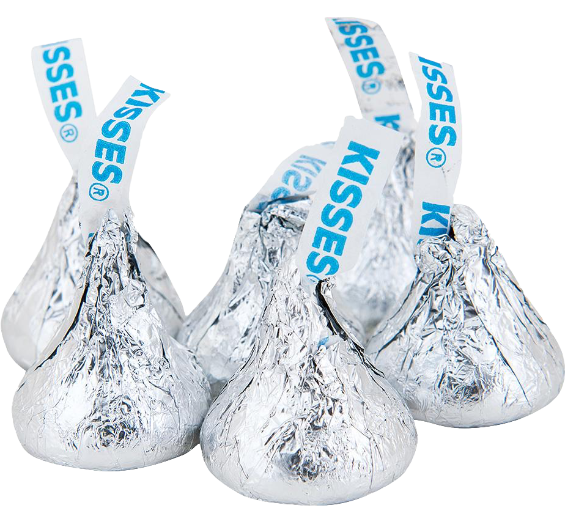
That lovely feeling should work like candy kisses to reward and encourage us to continue along the path of righteousness: to be generous, kind, compassionate. But for many of us — most, perhaps, “too much is not enough,” as our friends in recovery say. That uplift is a high that, once tasted, can readily become a need, a craving. It feels so nice that we don’t ever want it to stop.
Being Human
We like feeling good about ourselves — as we should. But to attain that sense requires energy and effort: it isn’t easy to be consistently loving and caring. Being human, we’re bound to trip up and fall down, be negligent and naughty and outright nasty, and simply not be — nor deserve to feel — good all of the time. That’s normal, that’s human, that’s reality.
But we don’t particularly like to admit to being human; being vulnerable to all those weaknesses and temptations. We like to see ourselves as superior, to feel as if we’re better than the average, above the riff-raff and the fallen; it’s a point of pride. After all, look around, we are a lot better than some people!
Compare and Contrast
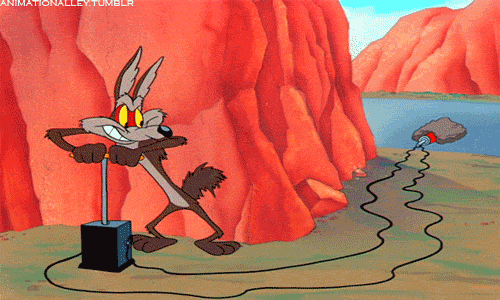 Ker-pow! There it is. That is where trouble starts. It isn’t about other people: the only conduct that counts is our own. What we do is what matters. “Pride” that is based on contempt for others isn’t pride, it’s hate and hubris and pure laziness. Pride based on contempt for others is a cheat: a claim to integrity and right conduct that has not been earned.
Ker-pow! There it is. That is where trouble starts. It isn’t about other people: the only conduct that counts is our own. What we do is what matters. “Pride” that is based on contempt for others isn’t pride, it’s hate and hubris and pure laziness. Pride based on contempt for others is a cheat: a claim to integrity and right conduct that has not been earned.
Thus evil enters in; the desire to do what is good is overwhelmed by an insatiable need to feel good. And the craving is never fully sated; the junkie is always on the hunt for the next fix, and will lie and cheat and steal — will do anything, will hurt anyone, in fact — to feed the addiction. No one is safe: family, friends, strangers on the street, anyone may become a target to be intimidated, attacked, threatened, cut down, in the addict’s mad and desperate efforts to maintain the thrill of “better than.”
The Loss of Righteousness
 It is a tragedy. But it can be overcome. It must be overcome, starting with ourselves. Nobody wants to be “less than,” and the temptation to fight for the moral high ground is enticing, not to mention that it’s infinitely easier to find the faults of others than admitting and examining the flaws in ourselves. But it’s a cheat, a mockery of genuine righteousness, which becomes contemptible: equated in the popular imagination with arrogance and scorn for others.
It is a tragedy. But it can be overcome. It must be overcome, starting with ourselves. Nobody wants to be “less than,” and the temptation to fight for the moral high ground is enticing, not to mention that it’s infinitely easier to find the faults of others than admitting and examining the flaws in ourselves. But it’s a cheat, a mockery of genuine righteousness, which becomes contemptible: equated in the popular imagination with arrogance and scorn for others.
Those who are following the Path of Christ are called to be aware and mindful of our own weaknesses and failings, and therefore to treat others with compassion, not condemnation. To do otherwise is to knowingly inflict harm, to tear down and destroy, to betray the Lord and serve the purposes of the genuine, sinister “Other Side.”
It’s Simple
Faithfulness, kindness, compassion, generosity, mercy, a spirit of peace …. the condition of our character is a concern between us and God, individually, personally. If there are people who are less kind, less caring, who are damaged and damaging, who are outright wicked — that doesn’t make us any better. We are each called to do our best in living into the glorious design of our gracious Creator, and faithfully following our Lord Christ. To do so brings joy and contentment to our souls.
That’s it. There is no us versus them. There is no scoreboard: we aren’t in competition with others, we’re all striving for our personal best — and God is cheering us on, giving us every help, and delighting in our successes.
Yaay, team!
Reality, Righteousness, and Us
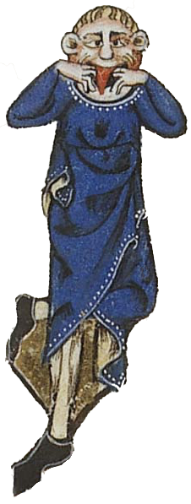
Jesus showed us the smug Pharisee who lurks within: that sanctimonious urge to scorn the scorner, to hate the hater, to set ourselves above “those wicked others.” Equally, it is natural to loathe and despise the grief and pain inflicted by pride junkies: and we are right to repudiate their vicious denunciations, their stark, unyielding condemnations and their unholy delight in crushing their victims. What they do is horrible, hateful, absolutely unChristian; deserving of our reproach.
But understand this: the smug and self-satisfied are really nothing of the kind. It’s artifice; fakery and illusions. They are, as the saying goes, whistling past the graveyard: trying to conceal the fact of their “merely human” nature, their fallibility and frailty and their mortality Swallowed up by insatiable hunger for the genuine peace and joy they have forsaken, drunk on false pride, terrified by the prospect of ultimate nothingness and annihilation, these are souls in torment. They are deserving of our pity and our prayers.
But wait! There's more!
A Call to Service
Jesus said to His disciples, "If you love only those who love you, what credit is that to you? Even sinners love those who love them. If you do good to those who do good to you, what credit is that to you? Even sinners do the same." ~ Luke 6:32-33, Matthew 5:46-47
The smug Pharisee is a warning against setting ourselves above others — for we are all “merely” human. It is a call for understanding and pity, and a call to action. Within every self-infatuated Pharisee there is a righteous soul yearning to live fully and well, free from the endless cycle of addiction, able to love and be loved.
More than Love

But love alone is not enough. As my friend Bob always insists, “Until they admit they have a problem, drunks will never get sober.” Pity must not be misconstrued as acceptance or approval. Forgiveness — apart from the addict’s repentance, regret, and vow to reform — is just enabling: the behavior will continue, with our forgiveness treated as permission to carry on. It has to stop, cold turkey.
Those who lay claim to righteousness by their condemnations of others are cheating: lying to themselves, harming others, and damaging their own souls. That behavior is an unending spiral of hatred, hubris, and laziness; it tears down individuals and divides communities. No one wins, everyone is hurt — society itself can be fragmented.
As Christians, we are called to avoid evil and do good: refusing to participate in the struggle for “superiority,” and repudiating that form of illicit “righteousness.” We must encourage —yes, insist upon — the best in each of us; in all encounters, public and private, let us turn the focus from wrongs and wickedness to what is good: to uplift, to encourage, to bless, to heal.
The Way, the Truth, and the Life
“Seek ye first the kingdom of heaven,” step out of the mire of ugliness and accusations into the Light of grace and holiness. This is the divine assurance of the Gospel of Christ Jesus; there is a Way out of the cycle of hurt and harm; there is a path that leads to peace and joy, to what is bright and hopeful, to freedom from the tyranny of obsessions and addictions.
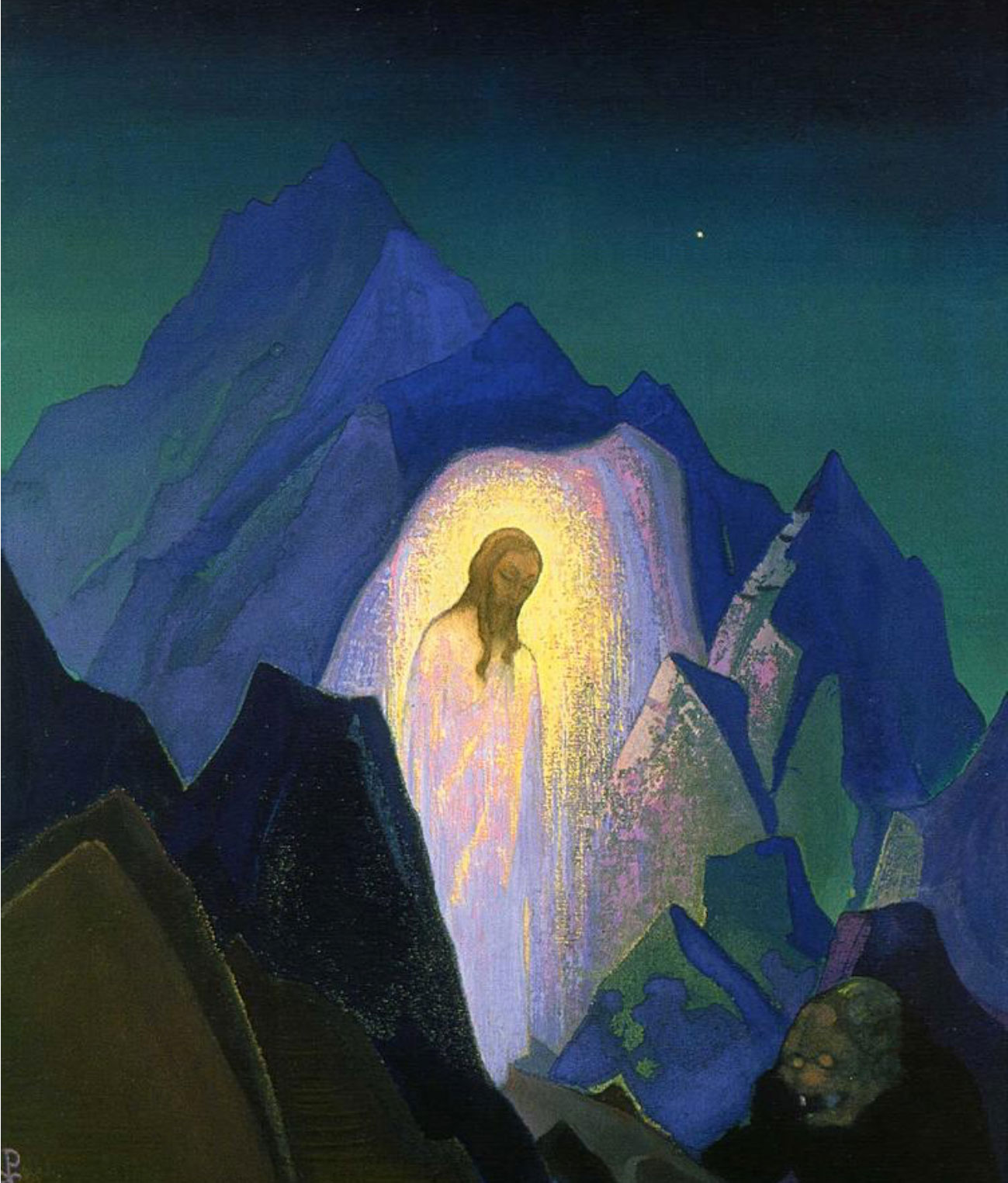
Do not be afraid! The Gospel is all good — there is nothing to fear: there is only the assurance of love freely given; the promise of renewal and restoration to even the foulest sinner who repents and seeks to reform. God is on our side and wants the best from us, and went so far as to send us his Son to guide us along the Way to full life here and eternal life hereafter.
For God so loved the world that He gave His only begotten Son, that whoever believes in Him should not perish but have everlasting life. For God did not send His Son into the world to condemn the world, but to save the world through Him. ~ John 3:16-17
Let us rejoice and give thanks.
Go forth with courage, bearing the light of Christ’s transforming grace and love,
Deborah ✝
Suggested Spiritual Exercise
Live into the best that is in you, remembering always that you were designed in the image of our Creator, and that grace and beauty, love and compassion, are included in your birthright.